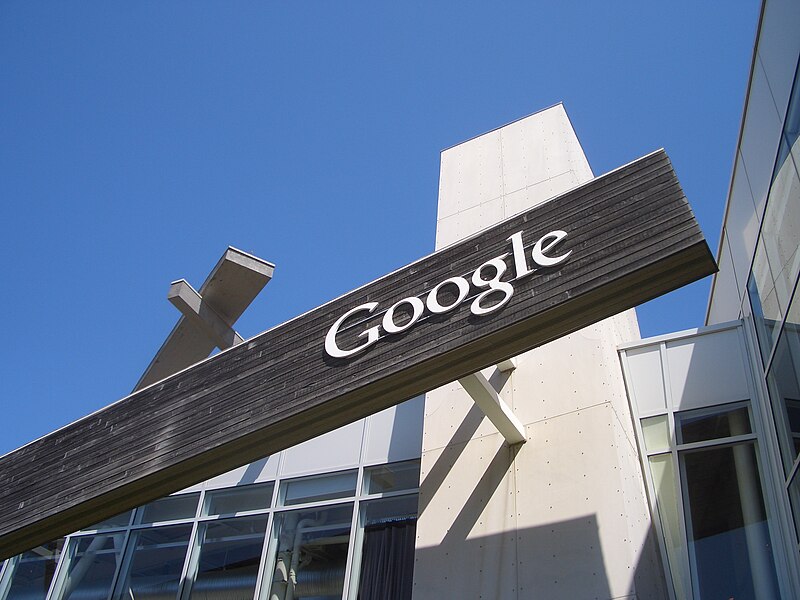
Google is introducing a new AI-powered search feature in the UK, marking a major change to how users interact with the world’s most-used search engine.
Instead of the traditional list of blue links, users who opt into “AI Mode” will receive answers generated by artificial intelligence in a conversational tone. These responses contain fewer links and are designed to directly address user queries.
The standard search engine isn’t being replaced, but experts expect AI to play a growing role in search, raising concerns among businesses and publishers who depend on web traffic from Google.
Many companies, including retailers and news outlets, benefit from users clicking links in search results—and some pay for top placement through ads. With AI-generated summaries offering fewer clickable links, this model could be disrupted.
The Daily Mail reports that traffic from Google to its site has dropped by about 50% on both desktop and mobile since the AI Overview feature was introduced.
Hema Budaraju, Google’s product lead for search, acknowledged that advertising in AI Mode is still being figured out. It’s unclear whether businesses will be able to pay for inclusion in AI-generated answers.
Some businesses argue the summaries reduce the chances users will visit their sites. Budaraju, however, believes AI allows for more natural and complex queries, unlocking new ways for people to seek information.
What is Google AI mode?
Google’s AI Mode, powered by its Gemini platform, has already launched in the US and India and is now arriving in the UK.
The feature is optional and will appear as a tab or selectable option in the search box. It’s aimed at users who increasingly want direct, conversational answers to complex questions—similar to what they might ask an AI chatbot like ChatGPT.
For example, instead of searching “clean carpet stain,” users might ask, “I spilled coffee on my Berber carpet—what’s a good pet-friendly cleaner?”
During a demo, Google showed how someone might search for places to go strawberry picking with young children. The AI response included a summary and map, with business links listed further down—unlike traditional search, where such links appear near the top.
Impact on news and the web
Research from the Pew Research Centre suggests that users only click a link once in every 100 searches when an AI summary is present. Google disputes the study’s methodology.
Rosa Curling, director of the campaign group Foxglove, which backed the research, warned the trend could hurt news organisations. If users rely solely on AI-generated summaries, traffic—and ad revenue—for original news sites may suffer.
“The AI summary keeps readers on Google’s page,” Curling said. “This shift is cutting into the income of news outlets.”
Google says it already serves over 2 billion AI Overview results daily across 40+ languages, though not in the EU due to regulatory restrictions.
There are also concerns about the environmental footprint of AI, as it relies on energy-intensive data centres. Budaraju said sustainability remains a key priority for Google.
“We are constantly working on more sustainable ways to deliver technology,” she said. Photo by brionv, Wikimedia commons.




































